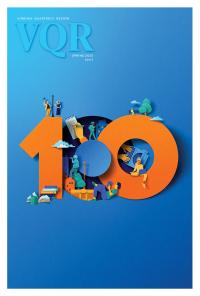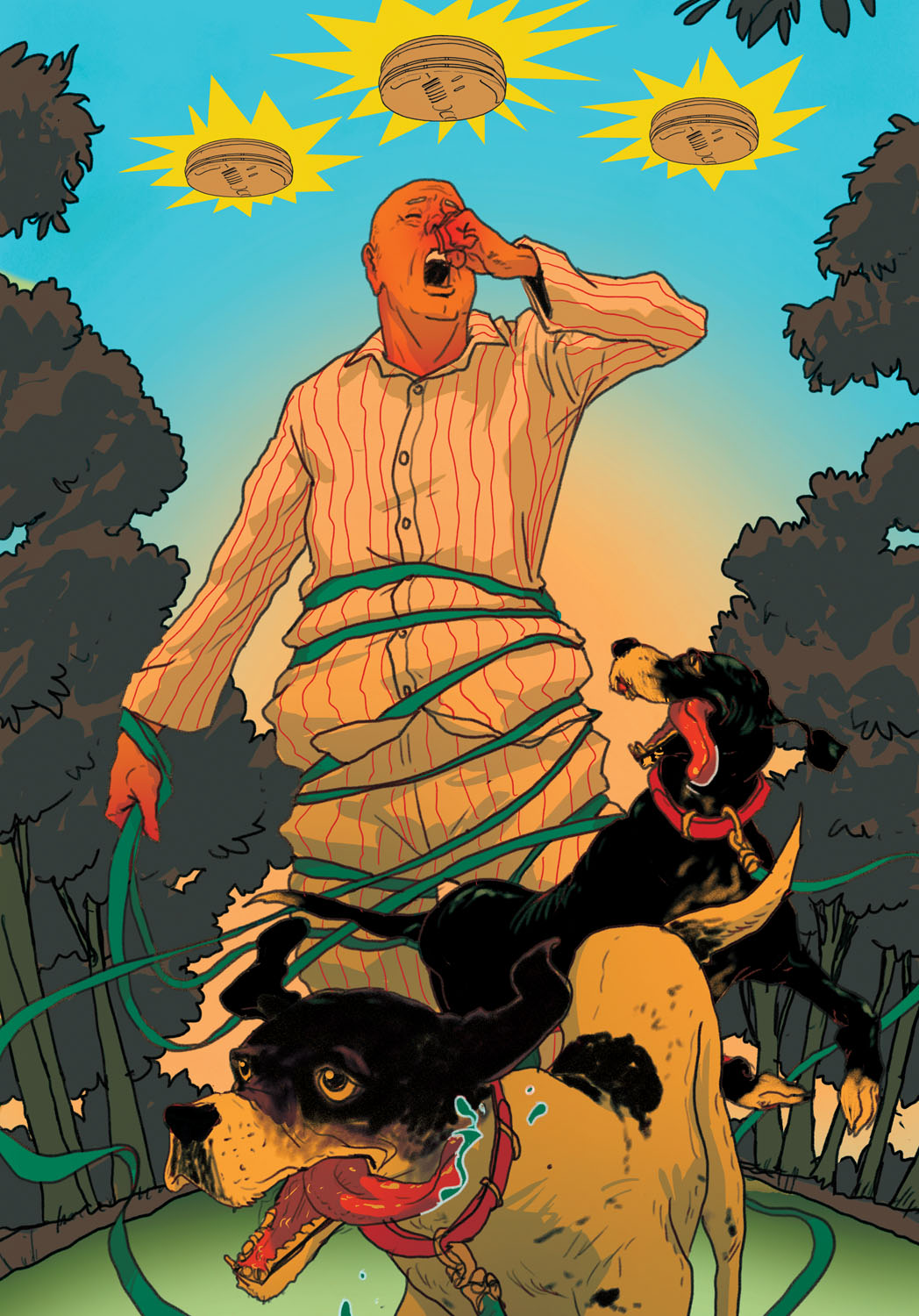Image


You should really subscribe now!
Or login if you already have a subscription.
Michael Byers is an award-winning illustrator based in Canada. His clients include the Wall Street Journal, Sports Illustrated, Men’s Health, and Golf Digest.